Blogs

What are the Advantages of Ductile Iron Machining?
Ductile Iron is a type of cast iron known for its impact and fatigue resistance, elongation, and wear resistance due to the spherical (round) graphite structures in the metal.

Emerging Technologies in Metal Casting
Technological advancements within the industry and new research that has given birth to incredible findings, have revolutionized the world of metal casting.Technological advancements within the industry and new.

The Sustainability of Cast Iron
In the ductile iron foundries of India, this is a common notion that foundries often emanate smoke and harmful releases that are toxic in nature, and this dates back to the industrial revolution. Whilst not disregarding the notion
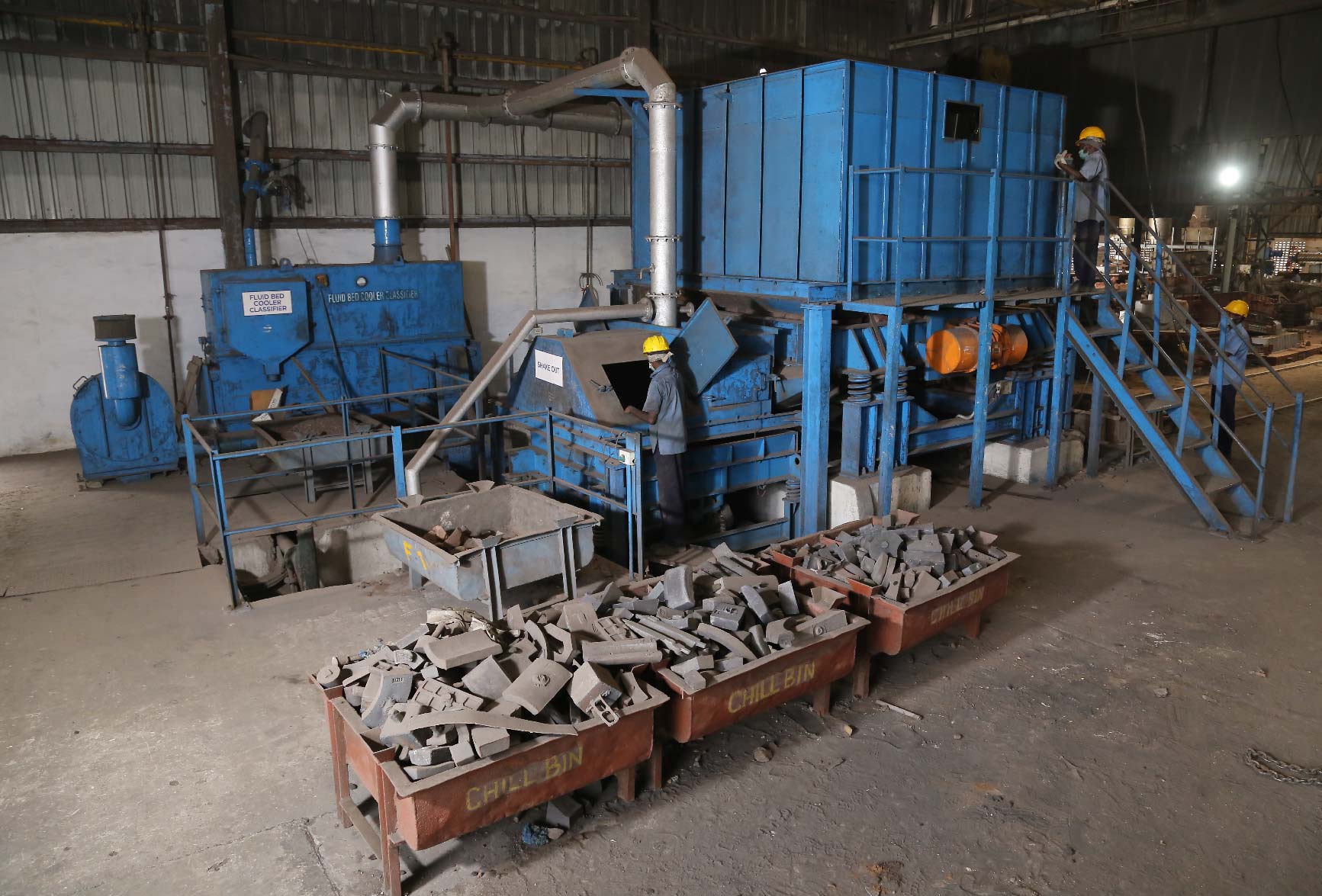
Why are Ductile Iron Factories in India going to play a huge role in our country’s development?
Ductile Iron is a type of cast iron which has a versatile set of features that include its great impact and fatigue resistance, elongation, and wear resistance due to the spherical graphite structures in the metal.
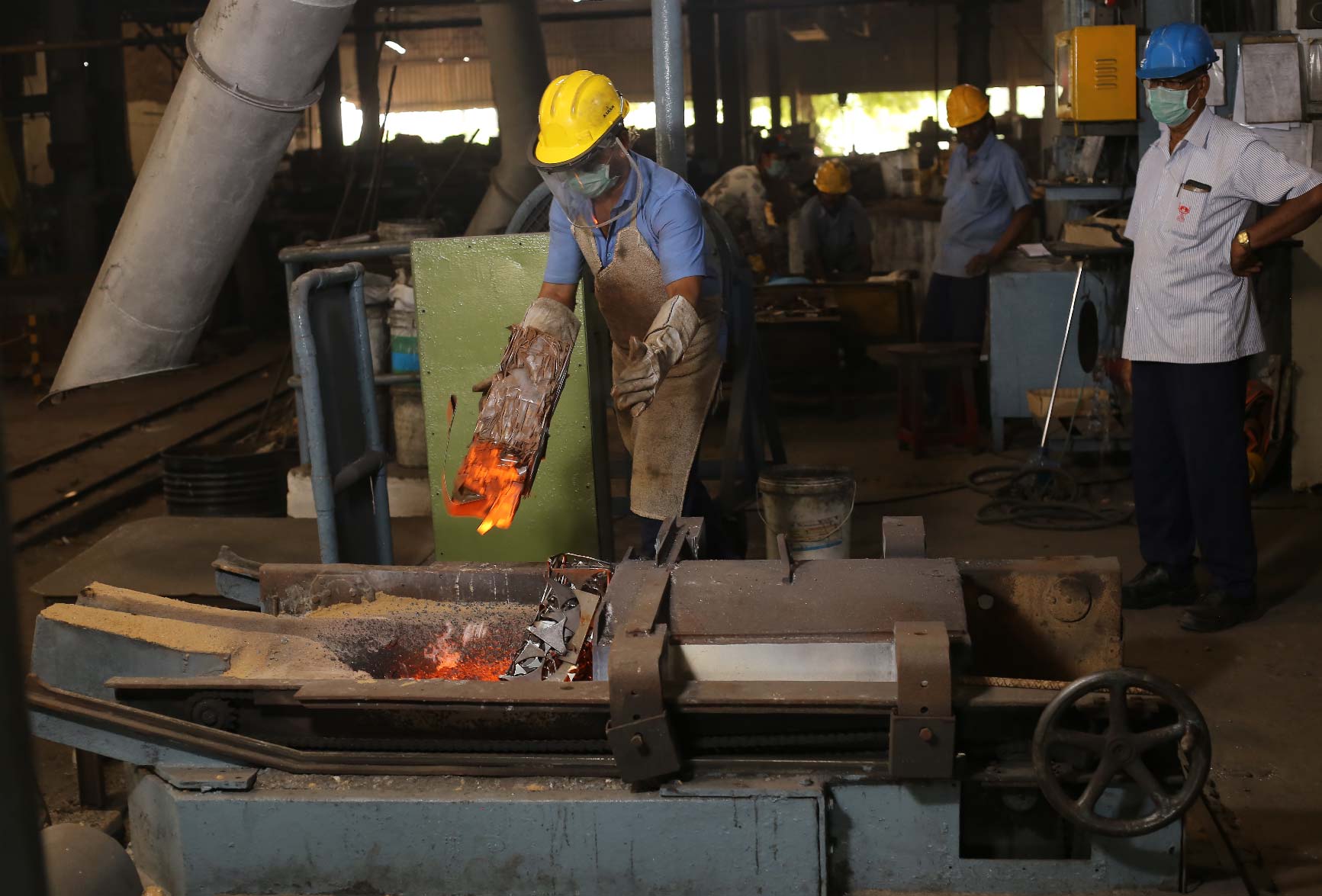
Why Is Ductile Iron An Innovative Technology?
Ductile Iron is a type of cast iron which is mainly used for industrial purposes, in the automotive space, and to construct drainages and sewers. The wide usage of the material can be accounted to its impact and fatigue resistance,
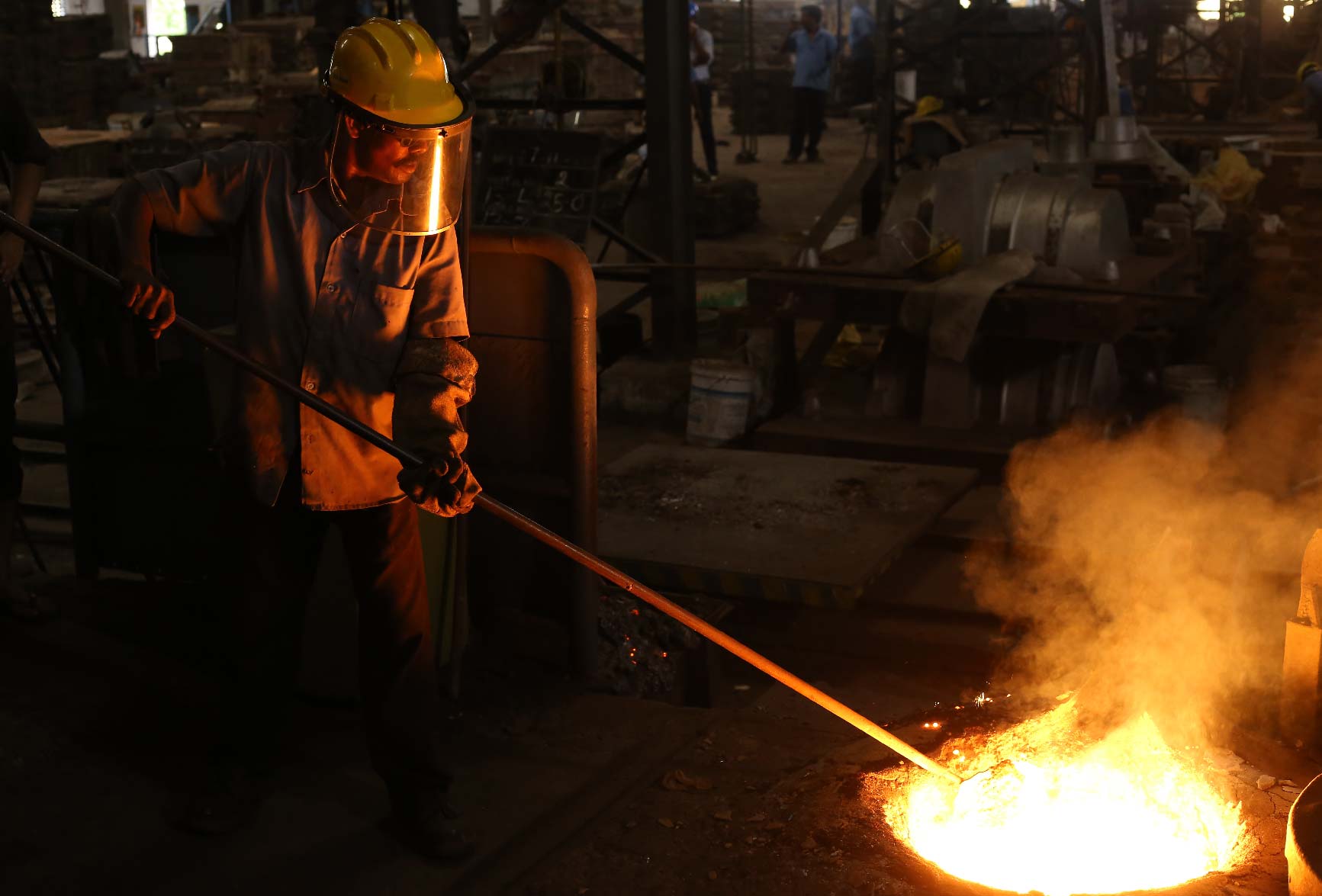
Ductile Iron Vs Grey Iron - The Strengths, Uses And Applications
Ductile iron and grey iron are two ferrous alloys that are widely used in various cast iron foundries in India. They have a variety of applications, including the development of equipment, construction of pipes, building
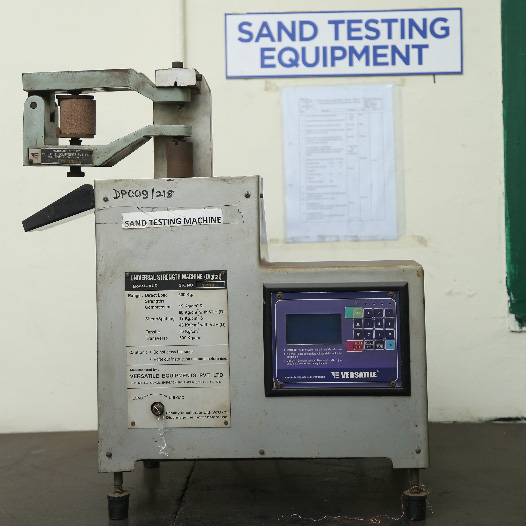
All You Need To Know About Sands In Foundry
Metal casting is an elaborate process which involves the use of a lot of raw materials. One of the prime materials used for casting in iron foundries in India and all over the world is metal casting sand or simply,
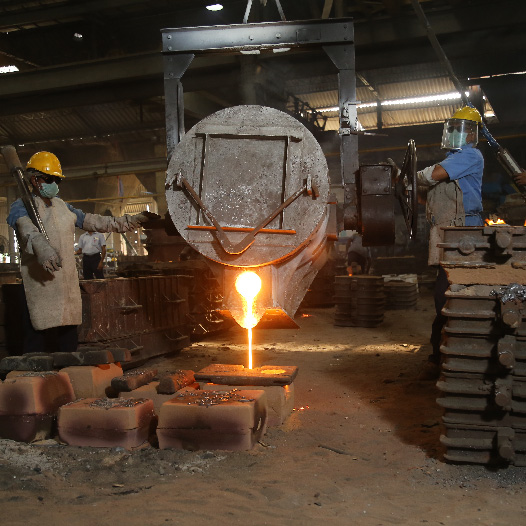
Binders And Additives In Casting
Casting involves the use of various materials at several stages throughout the process. Two such materials which are crucial for enhancing the strength of the casts are binders and additives. Since sand casting is the predominantly adopted technique,
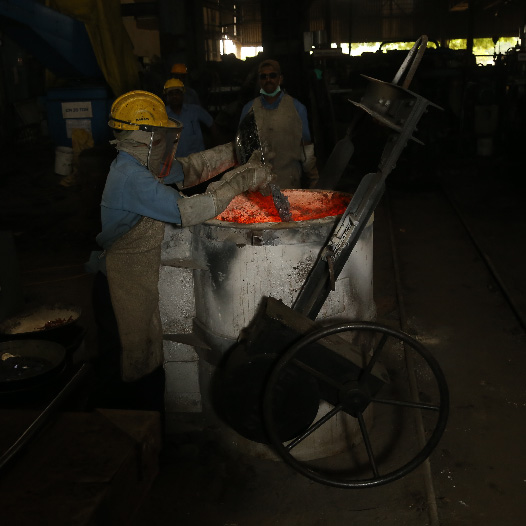
Testing Of Molding Sand
Molding sand is one of the primary materials consumed in the metal casting process. The lack of good quality molding sand is one of the major reasons why the process casting is not preferred. With that said, the only way to continue casting without defects,

All You Need To Know About Cores In Casting
Foundries in India and around the world manufacture metal castings in various shapes and sizes. While some castings are hollow, some others bear a few extrusions.The core factor contributing to these shapes is the cores. You will

Patterning V/s Casting
It is no news that the foundries in India are exceedingly elaborate, entailing various processes, raw materials, equipment and by-products. While some processes are poles apart, some others share certain common elements.

Sand Reclamation In Foundries
All foundries, whether Iron foundries in India or across the globe, use massive quantities of moulding sand. Foundry sand as a raw material raises a degree of concern with regards to handling, transportation, disposal method and

Machining In Casting - An Overview
Casting can be used to create an exact form, in simpler terms casting is molten metal poured into a mold to create desired shape and pattern.Machining institutes a broad term, used to define how certain parts are cut away or

What Is Fettling In Foundries?
Fettling is a standard process performed in foundries in India to remove excess material, often termed as debris, from castings. The word is derived from the root phrase ‘in fine fettle’ which is used to address something in ‘good shape’ or a ‘finished

Sand Casting In Foundries
Sand casting, the predominantly used method across the foundries in India, is a metal casting process that utilises sand as the mold material. This versatile process can produce complex castings with hollows, cores and other interior and exterior details.

Special Casting Techniques
Though casting is a process that has been here for centuries, it has always been evolving to match the latest requirements.Modern technological developments and innovation have helped keep up with time by aiding the development of

How Is Cast Iron Different From Wrought Iron?
Are cast iron and wrought iron one and the same? Which type of iron do foundries in India use – cast or wrought? Are wrought iron and cast iron the only two types of iron used for metalwork? A lot

Optimisation Of Casting Process Using Simulation
Over the years, competition in the industry has gotten fierce, requiring the development of newer more innovative technologies in manufacturing that provide an edge. One of the processes that were

Types of Melting Furnaces Used In Manufacturing Foundries
To make a metal cast, one needs to liquefy the metal first. For metal liquefaction, a foundry needs to have a melting furnace. One of the foremost requirements of any foundry is a melting furnace.

Industrial Applications Of Metal Casting
Metal casting is a huge business. The economy, ease to manufacture and the wide material choice, make casts almost omnipresent. Most industrial sectors consume castings, opening more avenues for casting applications.

Ductile Cast Iron - An Overview
The growing need for iron foundries in India and at the global level called for the need to upgrade the quality of castings. While cast iron (also called as grey iron) does have a considerably good yield strength, fractures occurring through cracks is quite common

All You Need To Know About Grey Cast Iron
Foundries are an age-old industry. Though there have been many changes with respect to the equipment used, the efficiency of processes and sustainability, one aspect remains unchanged - the use of grey iron in foundries in India and every other country. In this blog, we cover everything you need

Applications And Uses Of Earth Moving Equipment
With the need for advancement in the infrastructure around us, there is a greater need for more good-quality equipment from the foundries in India. This increasing requirement shows no signs of slowing

The Future Of Foundries
Foundries have been in existence for more than a century now. The fundamental processes of casting and the functioning of foundries in India & across the globe still remain the same. Yet there has been a lot of growth, development and technological advancements in this industry
